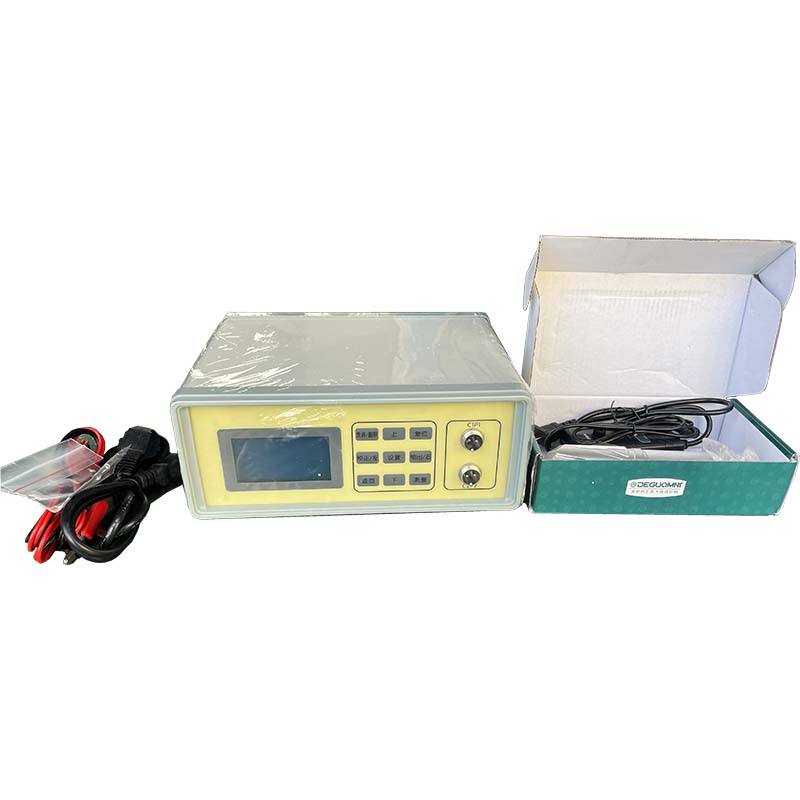Exploring Manufacturers of Advanced Resistance Measurement Equipment for Accurate Electrical Testing Solutions
The Role of Resistance Measurement Machines in Industry
In today’s competitive industrial landscape, precision and reliability are paramount. Resistance measurement machines are vital tools used in various sectors, including manufacturing, electronics, and quality assurance. These machines play a crucial role in ensuring that components perform as expected, thereby maintaining product integrity and enhancing overall operational efficiency.
Understanding Resistance Measurement Machines
Resistance measurement machines are devices designed to measure the electrical resistance of materials and components. They operate based on various principles, including the relationship defined by Ohm’s Law, which states that resistance (R) is equal to voltage (V) divided by current (I). The ability to accurately measure resistance is essential in determining the functionality and safety of electrical devices.
These machines come with various features, including digital displays, programmable settings, and the capacity to perform multiple tests, such as insulation resistance tests and contact resistance measurements. Depending on their complexity, they can handle various ranges of resistances, from milliohms to megaohms, to cater to different industry needs.
Key Applications
1. Quality Control in Manufacturing In manufacturing environments, resistance measurement machines are integral for quality control. They help verify that manufactured parts meet specified resistance levels, which is crucial for components used in electronic devices such as circuit boards and connectors. Any deviation from the standard could indicate manufacturing defects, allowing for immediate corrective measures.
2. Maintenance and Troubleshooting These machines are also invaluable in maintenance and troubleshooting. They help technicians identify faulty components in electrical systems, contributing to preventive maintenance strategies. By detecting resistance anomalies early, companies can avoid costly downtime and extend the lifespan of equipment.
3. Research and Development In R&D settings, resistance measurement machines are indispensable. Engineers and scientists rely on them to test new materials or designs, ensuring that innovations meet required electrical standards. This process is vital in sectors such as renewable energy, where the performance and reliability of materials are under constant scrutiny.
resistance measurement machine factories

Choosing the Right Machine
When selecting a resistance measurement machine, several factors must be considered. The application dictates the specifications required, including measurement range, accuracy, and response time. Additionally, user-friendly interfaces and the ability to interface with computers for data logging and analysis add to the machine's value.
Manufacturers must also consider the calibration and maintenance of these machines. Regular calibration ensures accurate readings, which is critical for maintaining industry standards and certifications. Many factories collaborate with specialized service providers to ensure their equipment is always in optimal condition.
The Future of Resistance Measurement
As technology advances, the resistance measurement sector has also evolved. Newer machines are incorporating features like wireless connectivity, machine learning capabilities for predictive maintenance, and enhanced data analysis tools. These developments aim to streamline processes, reduce human error, and enhance the accuracy of measurements.
Furthermore, the growing emphasis on sustainability prompts manufacturers to integrate more eco-friendly practices and materials into their processes. Resistance measurement machines will play a significant role in ensuring that these materials meet safety and efficacy standards.
Conclusion
In summary, resistance measurement machines are indispensable assets in various industrial applications. Their ability to ensure quality, enhance operational efficiency, and support innovation makes them a critical component of modern manufacturing and maintenance practices. As technology continues to evolve, these machines will undoubtedly become even more advanced, further solidifying their importance in the future of industry.
-
The Role of Tensile Force Testers in Quality Control and Material Science
NewsAug.01,2025
-
Maintenance and Safety Tips for Aging Ovens
NewsAug.01,2025
-
Density Balance in Forensic Science
NewsAug.01,2025
-
Advanced Optical Measurement Technologies
NewsAug.01,2025
-
A Buyer’s Guide to Tensile Test Machines
NewsAug.01,2025
-
Why the Conductor Resistance Constant Temperature Measurement Machine Redefines Precision
NewsJun.20,2025
 Copyright © 2025 Hebei Fangyuan Instrument & Equipment Co.,Ltd. All Rights Reserved. Sitemap | Privacy Policy
Copyright © 2025 Hebei Fangyuan Instrument & Equipment Co.,Ltd. All Rights Reserved. Sitemap | Privacy Policy
